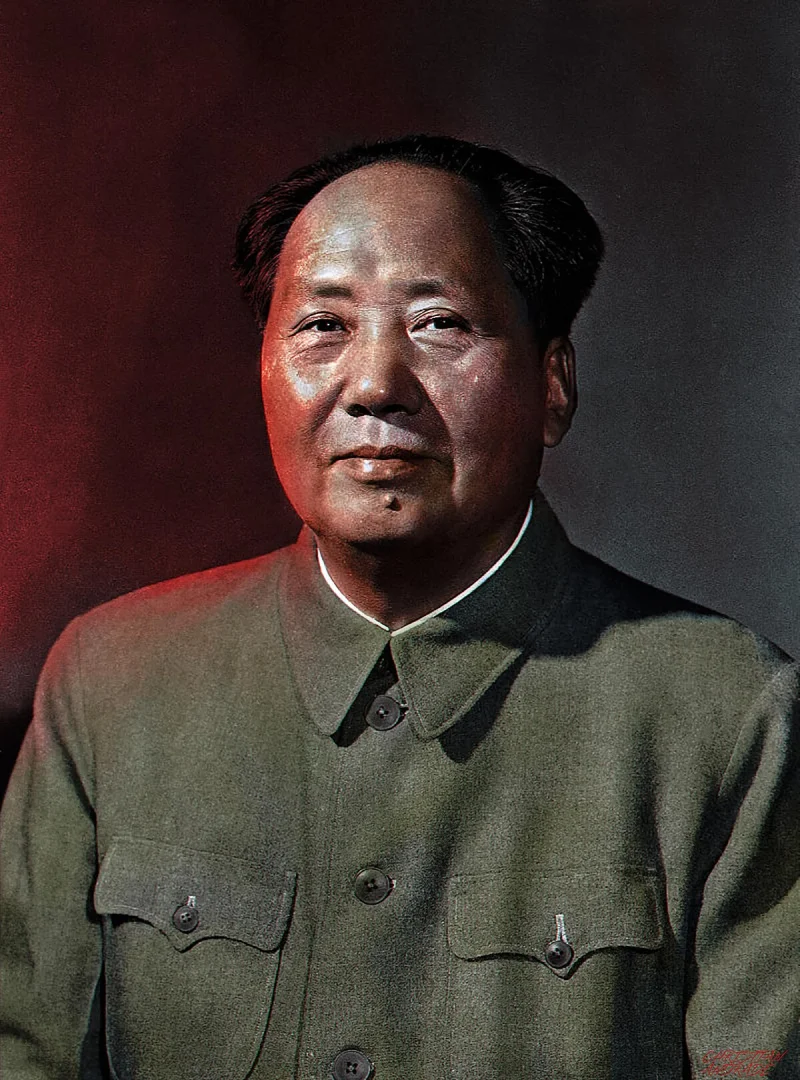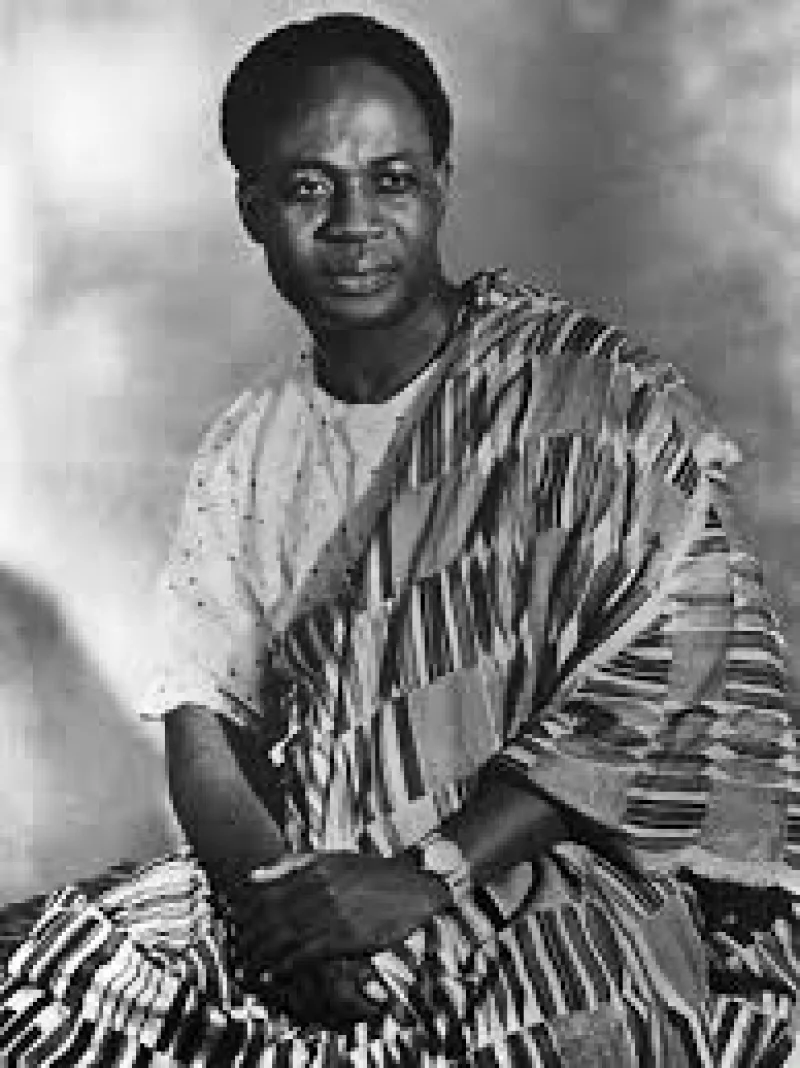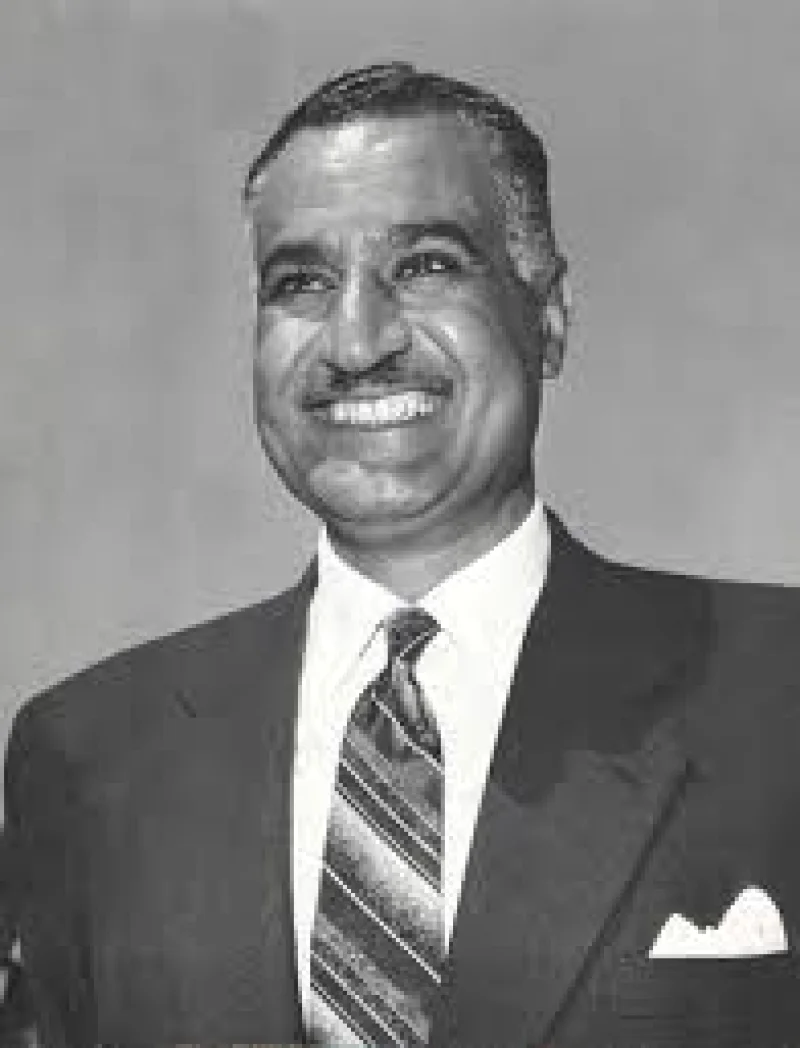Short Summary
Mao Zedong was a Chinese communist revolutionary and the founding father of the People's Republic of China, which he governed as the chairman of the Chinese Communist Party from its establishment in 1949 until his death in 1976. He played a pivotal role in the Chinese Revolution and led numerous campaigns that reshaped Chinese society. Mao is known for his Marxist-Leninist theories, military strategies, and political policies, which collectively are known as Maoism. His legacy is complex, as he is credited for unifying China and expanding its global influence, but also criticized for policies that led to economic turmoil and loss of life.
Early Life & Education
Mao Zedong was born on December 26, 1893, in Shaoshan, a small village in Hunan Province, China. He was the son of a wealthy farmer, and his early life was marked by a traditional Confucian upbringing. Mao attended primary school and later continued his education at a teacher's training college in Changsha. His formative years were influenced by Chinese nationalism and reformist ideas, particularly those of Sun Yat-sen. Mao became increasingly interested in political theory and communism during his time as a library assistant at Peking University, where he was exposed to Marxist literature and began forming his revolutionary ideals.
Career Highlights
Mao's career as a revolutionary leader began with his involvement in the founding of the Chinese Communist Party in 1921. He played a significant role in the Long March (1934-1935), a strategic retreat that established him as the leader of the Communist forces. After World War II, Mao led the Communist Party to victory in the Chinese Civil War, culminating in the establishment of the People's Republic of China in 1949. As chairman, Mao implemented land reforms, the Great Leap Forward, and the Cultural Revolution, which aimed to transform Chinese society but also led to widespread economic disruption and social upheaval.
Major Achievements
- Founding the People's Republic of China in 1949, unifying the nation under communist rule.
- Leading the Communist Party to victory in the Chinese Civil War.
- Implementing land reforms that redistributed land to peasants.
- Launching the Great Leap Forward to rapidly industrialize China.
- Initiating the Cultural Revolution to preserve communist ideology.
Famous Quotes
- "Political power grows out of the barrel of a gun."
- "The people, and the people alone, are the motive force in the making of world history."
Interesting Facts
- Mao was an avid poet and calligrapher, often using his works to express political themes.
- He survived assassination attempts and numerous political challenges during his leadership.
- Mao's image continues to appear on Chinese currency, underscoring his lasting influence.
- He was married four times and had several children.
- Mao’s policies are estimated to have caused the deaths of millions, particularly during the Great Leap Forward.
Legacy / Influence
Mao Zedong's legacy is marked by his role in transforming China into a major global power. His policies and campaigns significantly shaped China's political landscape, although they also led to economic hardships and social turmoil. Maoism continues to influence political movements worldwide, particularly in developing countries. His leadership style and revolutionary tactics are studied by political scientists and historians, reflecting both his achievements and the controversies surrounding his governance.
FAQ
Q: Why is Mao Zedong famous?
A: Mao is famous for being the founding father of the People's Republic of China and leading the Chinese Communist Party to power.
Q: What was the Great Leap Forward?
A: The Great Leap Forward was a campaign initiated by Mao to rapidly industrialize China, which led to widespread famine and economic issues.
Q: What impact did the Cultural Revolution have?
A: The Cultural Revolution led to significant social and cultural upheaval, aiming to enforce communism by removing capitalist elements.










